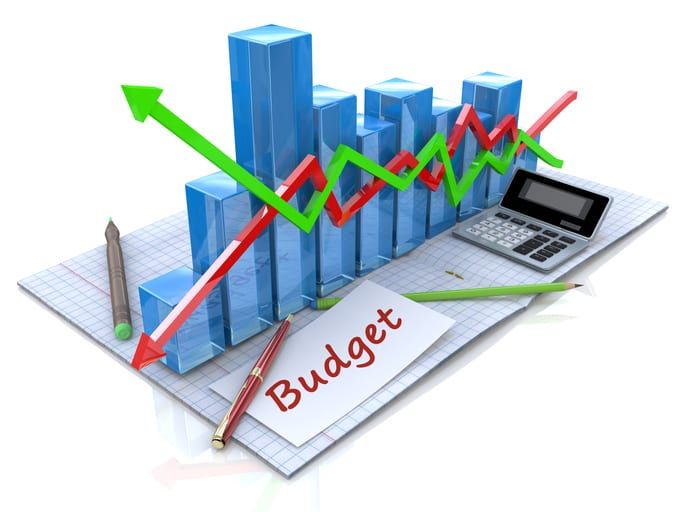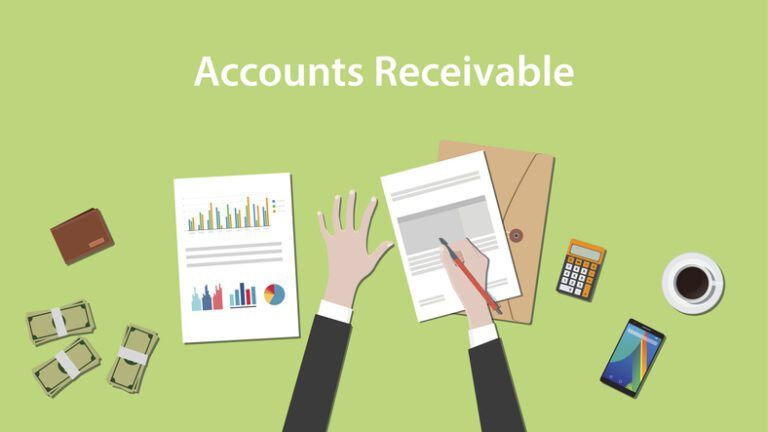Create a Roadmap for Success with Your Budget
Preparing an annual budget can seem like a time-consuming effort. You might even wonder if it is a worthwhile exercise for a small business. After all, the hours you spend crunching numbers on a spreadsheet could be better spent earning money. There are some excellent reasons why your accountant recommends you prepare an annual budget. The time you spend on your budget planning exercise will not be wasted. Here are ten crucial reasons why every business should have a yearly budget.
1. Provide a Business Roadmap
A budget translates your plans for your business into measurable units of money, enabling you to track your progress towards your goals. A budget will also reveal what you need to spend to achieve those goals. Suppose you had a target to increase sales by 50%, for example. In that case, you will need to know how much your monthly sales will need to rise to achieve that goal, and you will need to see what the impact on your profits will be in respect of the extra costs associated with achieving that target. Every plan you make for a business will have consequences. Your budget will be the financial model that quantifies those consequences.
2. Plan Cash Flow
Even a profitable business can experience cash flow problems. So, you need to monitor receipts and payments to ensure that the bills can be paid, and it would help if you knew when in the year cash flow issues might arise. Your financial budget will provide the basis for preparing an annual cash flow forecast, which will enable you to manage your financial resources throughout the year. The cash flow forecast will differ from the budget. Things like customer and vendor credit terms will affect the timing of cash receipts and payments, and the accounting treatment of items like fixed assets and depreciation will need to be considered. However, the annual budget will provide you with the starting point for your cash flow forecast.
3. Control Costs
Keeping costs under control is essential for any sized business. But, without a budget, you have no way of knowing that you are overspending until it’s too late. Preparing a detailed analysis of the projected costs for the next twelve months will provide a yardstick against which you can compare your actual expenditure. If you see costs are exceeding budget, you can rein in your spending to stay on track. The process of analyzing costs once a year may also reveal areas of expenditure where savings could be made.
4. Build a Contingency Reserve
Planning for a rainy day is something you probably do with your personal finances. You put aside an amount of money every month to cover unexpected costs. It is wise to do the same for your business. Without a budget, it won’t be easy to ensure that you always have the spare cash available to save. Setting a budget and sticking to it will enable you to build up a contingency reserve. That reserve will come in handy if your sales forecast does not come to fruition or if something unexpected happens. If you don’t need to use your cash reserve, some of the money could then be used for purchases that will help you expand your business.
5. Pricing Products and Services
You must generate sufficient gross profit to cover your overheads and make a profit. Your annual budget will reveal how much gross profit you need to make to achieve this, which can then be used to guide your pricing decisions. Of course, other factors will influence your pricing decisions, not least of which is the price that your competitors are charging. Even so, your budget will allow you to test what-if scenarios when setting the prices for products or services.
6. Obtain Finance
If you need to apply for financing, your lender will likely ask for a budget and cash flow forecast. And you will need the same should you decide to seek external investment in your business. Having an annual budget already prepared will make this task less onerous when the need for financing arises. And lenders and investors will take the existence of a budget as a sign that your business is well-managed.
7. Analyze Variances
When things aren’t going to plan, you will need to take action to remedy the situation. But knowing that there is not enough money in the bank is not going to help you solve the problem. You need to understand why there is a shortfall. Are sales not on target, or have you overspent? If you have overspent, on what have you spent the money? A budget will allow you to use variance analysis to drill down to find the causes of cash flow issues or lower than expected profitability. Without an annual budget, it could take many hours to highlight the business areas that are not performing as expected.
8. Set Employee Targets
When you have a team of workers, setting targets for each employee can improve productivity and control costs. Even in a small business, it can be helpful to involve employees in the budgeting process. And tasking staff with budget responsibilities will help you achieve your business goals. Sales staff can be given sales targets, and other team members can be tasked with staying within expenditure budgets. Budget responsibility also provides a means of reviewing employee performance and can be used as the basis for a bonus scheme.
9. Plan Expansion
Expansion is the goal of most small business owners. But business expansion must be planned for and controlled. Preparing your annual financial budget will help you plan for the expansion of your business. And, along with your cash flow forecast, your budget will highlight any potential adverse effects of your expansion plans, such as shortages of resources.
10. Make Better Decisions
Generally, it is best to prepare your annual budget alongside a business plan for the next twelve months. The combination of the two documents will allow you to manage your business better and control the finances. Budgets do not need to be set in stone; your financial budget can be revised to reflect changing conditions, and you can use your budget to calculate the effect of business decisions throughout the year. Your budget is not merely a set of numbers to be prepared and forgotten. A budget is a planning tool that can help you make better business decisions.
The Bottom Line
You may be one of the many small business owners who don’t enjoy crunching numbers. Even so, preparing an annual budget will help you manage your business better. A financial budget allows you to plan for expansion, monitor your progress, and keep spending and cash flow on a tight rein. So, the hard work you put into preparing an annual budget will help you guide your business towards success in the following twelve months.
About Universal Funding
Universal Funding is a nationwide invoice factoring solutions leader, supporting growth-focused businesses with scalable factoring solutions. With its invoice factoring, payroll funding, and purchase order financing services, Universal Funding provides clients with the working capital needed to grow and support their businesses without taking on new debt. Ranked as one of the nation’s top invoice factoring companies, Universal Funding provides cash flow financing for businesses all across the United States.



